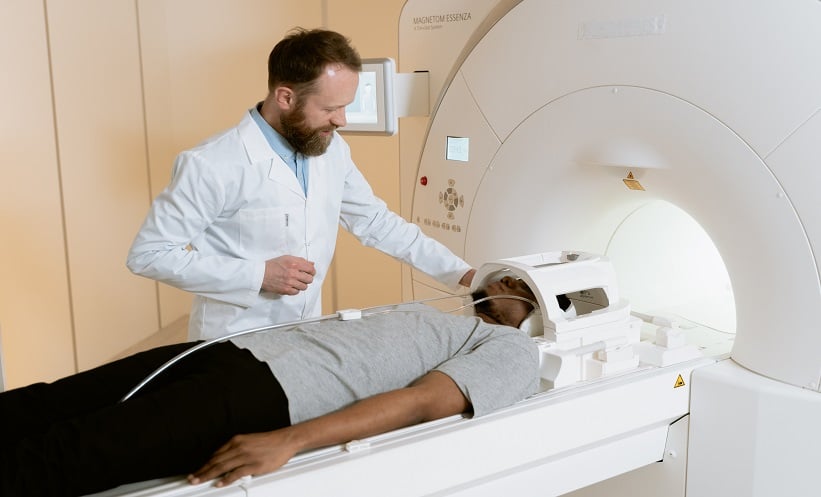ARTIFICIAL intelligence (AI) triage software has been shown to reduce 30- and 120-day all-cause mortality for those who have suffered intracranial haemorrhage (ICH) compared to those treated without the algorithm, according to a new study. Dmitry Kotovich, Institute for Research in Military Medicine, The Hebrew University of Jerusalem, Israel, and colleagues, found that the rapid growth of AI use in healthcare and its improving ability in prioritising and triaging suspected findings leads to early therapeutic interventions, particularly in ICH cases.
Research included a retrospective cohort study that analysed 587 participants pre-AI (January 2017–January 2018; n=289) and post-AI (January 2019–January 2020; n=298) in a Level 1 trauma centre. An algorithm for ICH was applied to patients with a confirmed diagnosis of ICH on a CT scan upon admission to the emergency department. Participants admitted to the emergency department during the same time periods for other acute diagnoses (ischaemic stroke and myocardial infarction) served as control groups. Primary outcomes were 30- and 120-day all-cause mortality, while the secondary outcome was morbidity based on Modified Rankin Scale (mRS) score when discharged.
It was found that all-cause mortality at 30- and 120-day intervals was reduced in the post-AI group compared to the pre-AI group (27.7% versus 17.5% and 31.8% versus 21.7%, respectively). Furthermore, the mRS scores at time of discharge were reduced significantly in the post-AI group (3.2 versus 2.8). There was no significant difference between the groups, however, with respect to comorbidities, demographics, type of ICH, or length of hospital stay.
Kotovich and colleagues concluded that AI may improve overall efficiency by flagging this life-threatening and time-sensitive pathology, therefore potentially improving radiologists’ accuracy and timeliness. “Previous studies have shown a high level of accuracy and efficiency, supporting the potential effectiveness of this technology,” they added.








